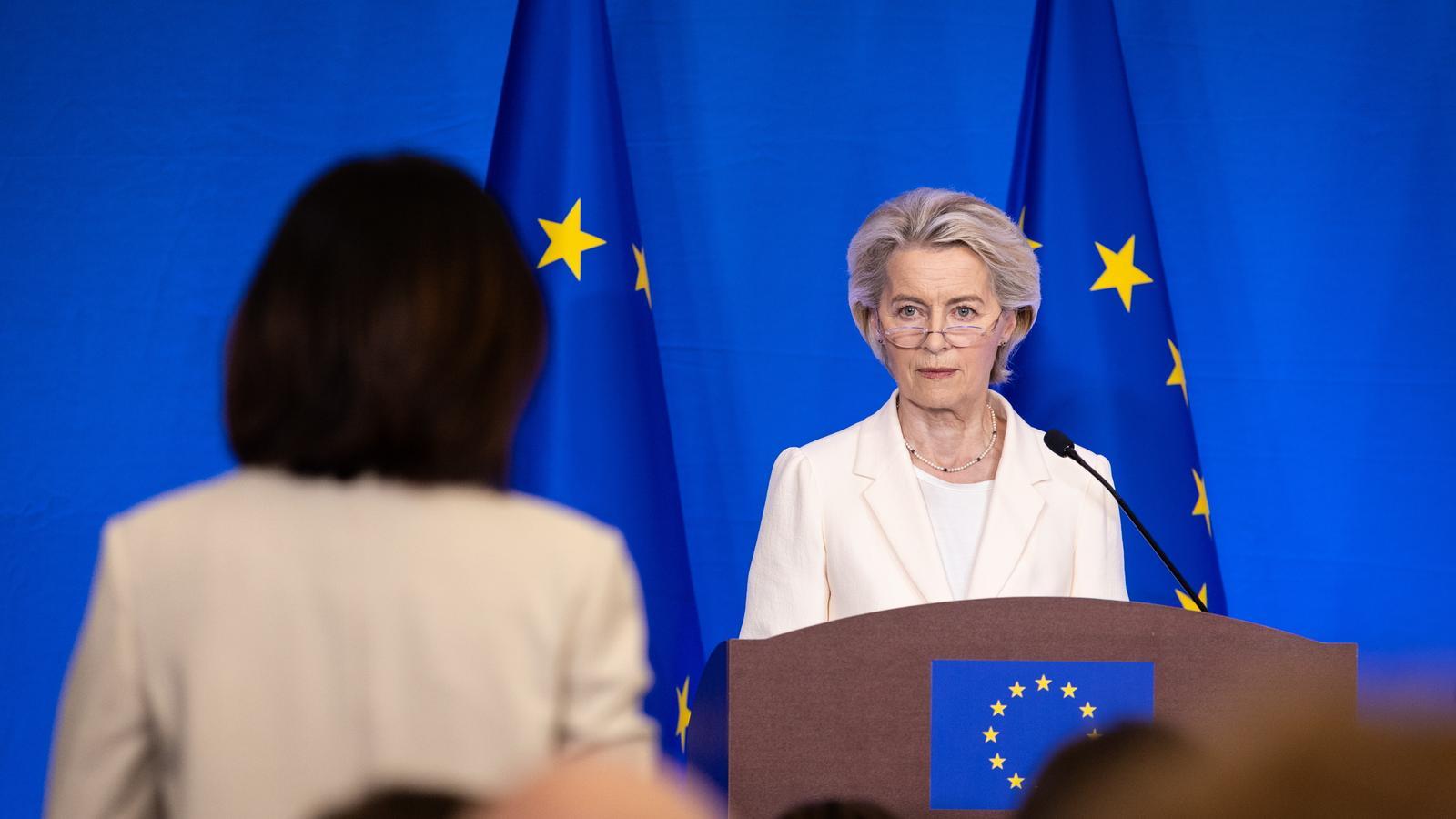

Two weeks ago I expressed in these same pages my concern by the outcome of the meeting between Donald Trump and Ursula von der Leyen on the future of US-EU relations, an outcome she described as a clear imposition by the former, and an incredibly sad acceptance by the latter. Now that we have learned more details about the content of the agreements, I believe I was short-sighted in my prediction. We are obliged, both as European citizens and, above all, as members of the different levels of European authorities, to determine the decisions we must make to prevent the EU from continuing to backtrack on its political positions and levels of well-being, as has been happening for two or three decades now. Trump's incredible positions are making things worse, but European decisions themselves have been causing it for some time now. The world is changing, and we have failed to adapt to the new circumstances that have been created, whether economic, political, or sustainability-related.
In my remarks two weeks ago, it could be interpreted as blaming the actions of the two negotiators for Europe's great failure. I still see it this way because of Trump's impositions; but I see it increasingly clear that the Commission President's impotence in the negotiations is not attributable to the person, but to the characteristics and errors in the European Union's operating system, which, in this case as in others, prevented her from taking a firmer stance and forced her to accept proposals that could be very detrimental to us, as we already stand. I insist again that the current configuration of global geopolitics requires us to remake the organization of the EU in some aspects if we don't want to become a collection of marginalized, powerless, and recessionary states. Very simply, I'll indicate some objectives we need to define, copying other already known spaces or creating new forms of states with new characteristics.
1. Greater political, economic, financial and military unity. It is not wrong to think that the present century could be the scene of new confrontations (economic, political, and even military...) as they were in the first decades of the last century. There are now three global political entities prepared to participate in confrontations and agreements (the US, China, and Russia), but there is a fourth (the EU) that, despite having significant influence, both in terms of population and economic output, is in no position to confront any of the three. The reason is very simple: with different political forms (democratic states, federal states, or autocratic states), the three aforementioned powers have a unified political power with the capacity to negotiate, confront, or fight. The EU does not have this, since any decisions by the Brussels or Strasbourg bodies lack negotiating effectiveness without first obtaining the agreement, by majority or unanimity, of the 27 representatives of the Member States. It is clear that as long as the EU does not politically possess the character of a federal state, does not have a true single market in economic and financial matters, and even (taking into account what is happening with NATO) some kind of European army, it will not be in a position to be a fourth power with a certain presence and influence in global affairs.
2. More science, technology and talent. Leaving aside Russia's vast expanse, it is clear that Europe's land area is relatively small and characterized by an insufficient amount of natural resources, especially energy and mineral resources. This meant that the extraordinary growth of the European economy required, for centuries, the importation of many resources from around the world. This was until now a negative characteristic, but the direct use of the sun and air is greatly improving in the former case, and the circular economy in the latter. Therefore, our historical dependence is diminishing. We must be aware that our main asset is now, and must be even more so, human talent, and therefore the growth of scientific activity and the practical use of knowledge through new technological tools.
I conclude with a summary of what concerns me now, because I see that governments from the local to the European level, but especially those in Catalonia and Spain, are not sufficiently promoting this. I do so with a list of words or phrases that can be understood as guidelines: a) Europe, a democratic and federal state. b) A free, but regulated, European market. c) A unified financial and banking system. d) A European federal army. e) A more sustainable consumption of energy and materials. f) Priority for education and training, both for those born here and for immigrants. g) An increase in scientific and technological activity. h) The acceptance of quality tourism.
I would like to spread this concern due to its urgency.
